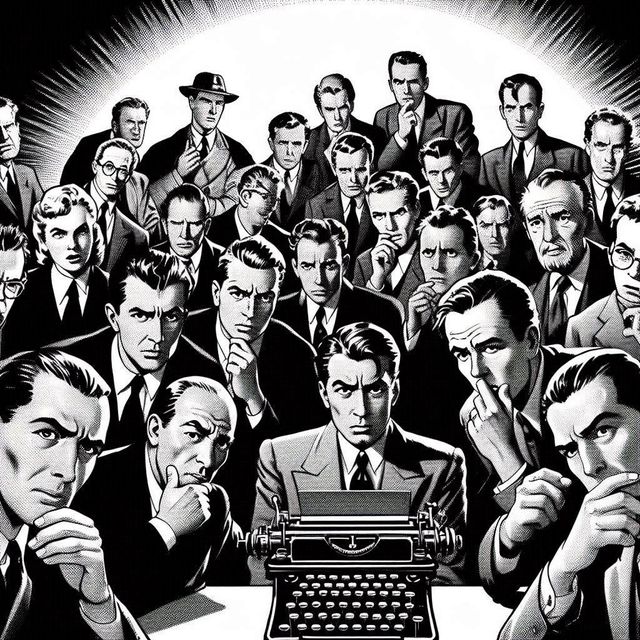-
Vijay Fafat
- Published on
This beautifully philosophical fabulist story reminded me of Asimov’s fictional piece, “The Jokester”, where a grandmaster asks Multivac about the origins of jokes and from where they come, and in the end, reaches a surpising conclusion. The present story has echoes of the same type of questions: “Where do mathematical theorems originate? What is their relation to Reality?”
The author starts off with a very hilarious proposition: 300 years ago, a group of 26 of the world’s foremost mathematicians almost simultaneously sent in manuscripts about a hitherto unknown theorem related to the Binomial Theorem. Thought to be a practical joke at first, or a hoax, the world was quickly convinced about the veracity of the “A to Z Theorem”, named after the initial letters of the 26 authors. Much discussion about its nature followed, till “The Event” occurred, where the fabric of the universe changed, rendering the theorem meaningless. “One night, all of a sudden, the theorem simply shattered into so many meaningless strings of characters. It was as if the fluctuations of numberless particles formed themselves by chance into letters and were scattered in the air.”
From there, the discussion and the description unfold both philosophically and comically, including a bizzarely funny theory that the entire episode was the handiwork of one Professor Moriarty…
Is there a universe-spanning Intelligence which is seeding these theorems into the weave of our spacetime? Are time and history forking every time such theorems are updated or rendered meaningless? Is there a finite progression to mathematical discovery? You have to read the story to savor this - there is no point in summarizing and spoiling it.
Absolutely enjoyed this work!
